| Umělec 2000/4 >> Berlin National Gallery Prize | Просмотр всех номеров | ||||||||||||
|
|||||||||||||
Berlin National Gallery PrizeUmělec 2000/401.04.2000 Robert Rigney | info | en cs |
|||||||||||||
|
Over the last couple of years the controversial British Turner Prize has become a media spectacle causing even London bookies to sit up and take notice. Now the Berlin National Gallery wants to have a similar kind of forum for contemporary art in Germany with a new DM 100,000 prize, to be bestowed annually on a young artist of promise to foster interest in contemporary art in Berlin and celebrate the city's youthful creativity.
Rolf Hoffmann, a Berlin businessman and art collector, who proposed the idea of the prize to the board of the Friends of the National Gallery (a fundraising group affiliated with the museum) explains, ”the precedent was the Turner Prize. The difference however, is that while the Turner Prize is only for British artists, we say any artist living in Germany. There are so many foreign artists already living here in Berlin,” says Hoffmann. ”We were surprised to see how many non-German artists applied.” Out of a group of 112 artists, German and non-German, Berlin based and otherwise, a short-list of four was selected last May. Surprising to many was that there are no familiar names on the short-list; no one with an air of notoriety; none of the young German artists who have been making a stir both at home and abroad; no ”Children of Berlin” and none of the representatives of what has been referred to recently as a kind of German YBA phenomenon. Neither a Jonathan Meese nor a John Bock, or a Dieter Roth. Instead in the beginning of May, the jury consisting of Peter-Klaus Schuster, general director of the Museen Preussischer Kulturbesitz, Eugen Blume, curator of the Hamburger Bahnhof, Anatol Gotfryd, Rolf Hoffmann and Claudia Tetzner from the Friends of the National Gallery selected four relative unknowns: Dirk Skreber, a figurative painter from Düsseldorf, Katharina Grosse, a 39-year-old abstract painter likewise from Düsseldorf, Olafur Eliasson, a 32-year-old Icelandic environmental artist living in Berlin, and Christian Jankowski a 31-year-old new media artist who works with the Internet, also living in Berlin. Who are these guys? many critics wanted to know. Hoffmann says that they have consciously chosen artists who are unestablished, and have not made a big name for themselves. ”The whole idea is that we want to promote totally unknown artists. And this is another difference from the Turner Prize,” says Hoffmann. ”One of the preconditions of the Turner is that the artists must have already had a big show. What we are trying to do is promote really new contemporary art.” Nevertheless Hoffmann is confident that come September 28 when the short listed artists will unveil their projects in the Hamburger Bahnhof, an atmosphere of controversy and suspense will prevail. ”I think that come September we shall see something interesting,” says Hoffmann. We shall see. The winner will be announced on December 6.
01.04.2000
Рекомендуемые статьи
|
|||||||||||||
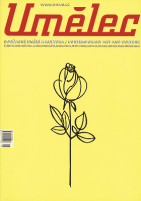
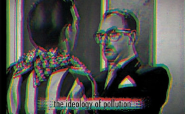
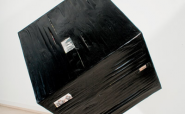
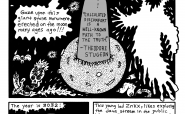
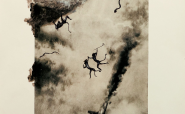
Комментарии
Статья не была прокомментированаДобавить новый комментарий